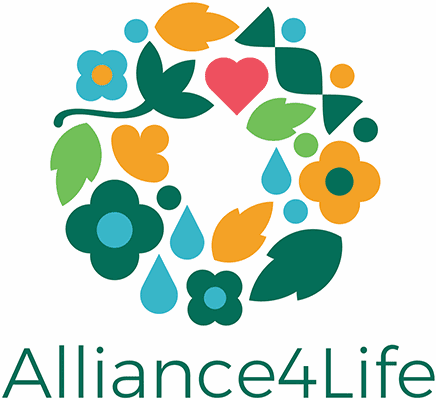
EU-LIFE Meets in Brno: Strategic Alliances Bridge Western and Eastern Europe

In May 2025, Brno became the meeting point for strategic minds from leading European life science institutes during the EU-LIFE Community Meeting. The three-day event, hosted by CEITEC Masaryk University—a proud member of EU-LIFE and founding institution of Alliance4Life—focused on shared challenges and priorities in talent recruitment, retention, and research policy.
The meeting offered a platform for directors, strategy leads and working groups from EU-LIFE to explore key institutional priorities in today’s shifting scientific and geopolitical landscape. In-depth discussions addressed the complexity of attracting top principal investigators, evaluating candidate independence and motivation, and aligning scientific excellence with institutional missions. Talent retention was also high on the agenda, with participants calling for structural reforms and strong institutional leadership to create more attractive and sustainable career environments for young researchers and computational experts.
One of the highlights of the plenary session was the presentation by Marta Agostinho, Executive Director of EU-LIFE, who acknowledged the recently published Alliance4Life position paper for a more impactful 10th Framework Programme (FP10). The paper offers concrete suggestions for shaping future Widening instruments, aiming to make them more relevant and supportive of long-term institutional growth. Discussions showed that the challenges in research and innovation are often shared across Europe—regardless of whether an institution is located in a Widening country or not. What truly matters is the level of institutional development, strategic priorities, and commitment to excellence.
Members of both alliances agreed that what science needs most is predictable, long-term funding and a strong commitment from both Member States and the European Commission to support research and innovation. The vital role of basic science and life sciences for society was repeatedly emphasised. Participants agreed that European competitiveness cannot flourish without fertile ground—comprising solid technological infrastructure, robust funding, and the foundational knowledge generated by basic science—and high-quality seeds, in the form of talented researchers.
During the joint working group sessions, Ester Jarour, Coordinator of Alliance4Life, introduced the alliance’s new E-learning platform to members of the EU-LIFE Grants and Training Working Group. Built on the foundations of the RM-Comp and ResearchComp frameworks, the platform aims to support the structured development of competences for researchers and research managers. The expert group engaged in a fruitful discussion on how these models can be adapted to maximise their value for career development and institutional capacity building.
CEITEC used the occasion to spotlight its unique bridging role between EU-LIFE and Alliance4Life. After joining EU-LIFE, CEITEC experienced firsthand the transformative power of strategic alliances based on trust and peer exchange. Inspired by this experience, CEITEC founded Alliance4Life to offer biomedical research institutions in Central and Eastern Europe a similar opportunity to grow together, share best practices, and improve research management and governance.
Since its foundation in 2018, Alliance4Life has become a vibrant community of practice, uniting 12 institutions from the region. Through mutual learning, piloting of new approaches, and a strong focus on institutional development, the alliance aims to strengthen the performance of its members and contribute to a more balanced and inclusive European Research Area.
The Brno meeting was a clear demonstration of how cross-alliance collaboration between EU-LIFE and Alliance4Life benefits both communities. CEITEC’s dual membership has enabled the piloting and transfer of numerous best practices—from leadership development to institutional evaluation—helping to align research cultures across Europe.
As the EU-LIFE community reflected on strategic recruitment and policy, the spirit of openness and collaboration resonated deeply, reminding us that excellence in science is not only about individual talent but also about the strength of the systems and communities that support it.









